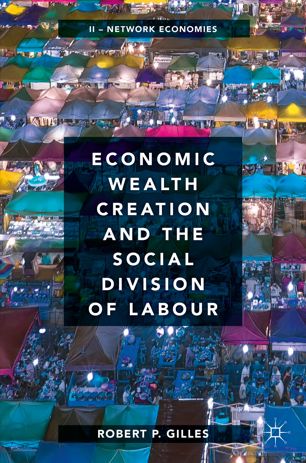

Most ebook files are in PDF format, so you can easily read them using various software such as Foxit Reader or directly on the Google Chrome browser.
Some ebook files are released by publishers in other formats such as .awz, .mobi, .epub, .fb2, etc. You may need to install specific software to read these formats on mobile/PC, such as Calibre.
Please read the tutorial at this link: https://ebookbell.com/faq
We offer FREE conversion to the popular formats you request; however, this may take some time. Therefore, right after payment, please email us, and we will try to provide the service as quickly as possible.
For some exceptional file formats or broken links (if any), please refrain from opening any disputes. Instead, email us first, and we will try to assist within a maximum of 6 hours.
EbookBell Team

4.1
60 reviews‘This is the second book of a two-volume set that continues Adam Smith's work, using the tools mathematical, experimental, and behavioural economists have developed since 1776. As in the first volume, markets are not the central organising principle. Instead, attention centres on social institutions and the division of labour that they enable. The book studies this via the endogenous division of labour that existing institutions help form. The first book in the series examined this problem deeply, resorting minimally to formal mathematical modelling; the second volume is where the formal modelling blossoms. General equilibrium theory meets network theory and receives a breath of fresh air, including a new viewpoint on economic inequality, the newly resurgent bane of capitalism. What I said for the first volume applies to this second volume equally: if you care to understand the economy, this book belongs to your bookshelf.’
—Dimitrios Diamantaras, Temple University, Philadelphia, USA
This textbook introduces and develops new tools to understand the recent economic crisis and how desirable economic policies can be adopted. Gilles provides new institutional concepts for wealth creation, such as network economies, which are based on the social division of labour.
This second volume introduces mathematical theories of the endogenous formation of social divisions of labour through which economic wealth is created. Gilles also investigates the causes of inequality in the social division of labour under imperfectly competitive conditions. These theories frame a comprehensive, innovative and consistent perspective on the functioning of the twenty-first century global economy, explaining many of its failings. Suitable reading for advanced undergraduate, MSc and postgraduate students in microeconomic analysis, economic theory and political economy.